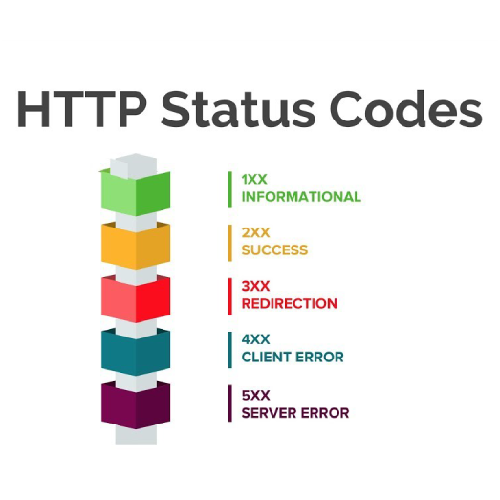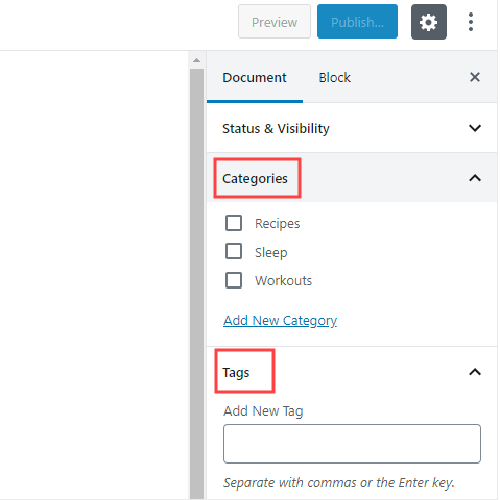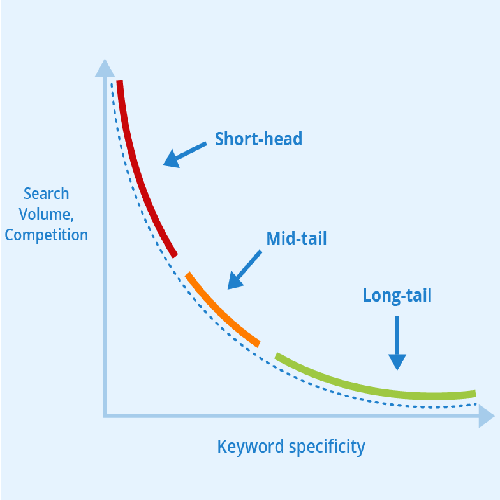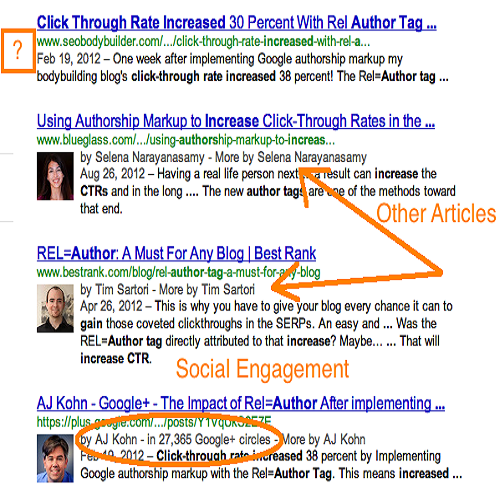Contact Us
Related Posts
Category

For online stores and e-commerce websites, attracting customers to buy products is getting harder day by day. As someone selling online, you might have implemented standard SEO tactics to improve your online visibility and ensure users find you.
But do you think that’s enough to make people buy your products?
No, it’s not. That’s why every online business must leverage more effective ways to get potential customers to click on their product listing in search results.
One such critical yet often overlooked tactic is implementing product schema for e-commerce websites and online stores. It is the secret sauce that can spice up your online store’s visibility, boost organic clickthrough rates, and drive sales by ensuring that customers click on your products over your competitors.
With nearly 4.18 million e-commerce websites already using it, schema for products has grown to be crucial for the SEO success of online stores.
With this blog, we’re going to take you on a journey through the intricate world of product schema markup, exploring why it is essential in the SEO of online stores and the best practices to implement it and drive the best results for your online store.
What is Product Schema?
Product Schema, or product structured data, is a type of markup that helps search engines better understand your products and display product information directly on the search engine result pages (SERPs). These markups are implemented using Schema.org, a shared vocabulary created by Google, Bing, Yahoo, and Yandex.
By adding schema to your online store, you provide search engines with additional context about your products, reviews and ratings, and other details. Search engines then display this information in the SERP listings in the form of rich results, providing users with valuable information at a glance and encouraging them to click.
Why is Product Schema Important for Online Stores?
As the competition in the e-commerce industry intensifies, adding schema markup to your product pages is not just a nice-to-have; it is a must for any modern online store. Whether you are selling handmade products or electronics, implementing product structured data effectively keeps your business ahead of the competition.
Here are some prominent reasons why adding structured data to product pages is the key to ensuring e-commerce SEO success:
Higher SEO Rankings
Product schema markup contributes significantly to improving your online store’s ranking on search engine result pages. Structured data makes it easy for search engines to interpret crucial details about your products, like prices, ratings, or availability, prioritizing them in search results over products that lack the same.
Increase Click-through Rates
When you use schema to provide valuable information directly in search results, customers can easily find what they need and are more likely to click on your product. As a result, your business could see a rise in search visibility and traffic, which then translates into more customers visiting your product pages.
Enhance Product Visibility
When you implement structured data using a product schema generator, it results in attractive product-rich results or rich snippets. These snippets are more eye-catching and make your product listings stand out from others. By displaying additional details like ratings, prices, and reviews, rich snippets improve product visibility.
Gain Customer Trust
Schema on your products displays aggregated ratings and customer reviews in search results, which work as social proof for your online store. Higher reviews and ratings build credibility and trust with your customers, encouraging them to engage with your products. The more users trust you, the more they purchase from you.
Improve Local SEO
For e-commerce businesses with physical stores, local business schema can highlight operating hours, location, and customer reviews, making it easier for nearby customers to find you. Implementing local business schema effectively ensures the success of every e-commerce SEO strategy that targets local audiences.
Boost Conversions
There are several ways in which implementing a schema for your products can boost their sales. For example, schema can make your listings in search results appear more professional and eye-catching, encouraging trust in your brand. Plus, sharing important details like free shipping can entice customers to click on your store.
Better Crawling and Indexing
While most business owners are unaware of this, Shopify product schema plays a critical role in helping search engines crawl and index your product pages easily. Search engines use schema to gain accurate information and context about your pages, categorize them effectively, and ensure smooth crawling and indexing.
Product Schema Best Practices for Improving SEO
The impactful role of product schema in ensuring SEO success makes it inevitable for modern online stores and e-commerce businesses. But when it comes to implementing schema, following the right practices and employing a strategic approach is essential to maximize efficiency, impact, and results generated.
To implement product schema markup effectively and get the most benefits out of it, you can leverage the best practices mentioned below:
Use Relevant Schema Types
Choosing the right schema types is crucial to ensure that search engines understand your products correctly. You must select the schema types most relevant to your online store. For example, the shopify product schema for Shopify stores.
Update Regularly
Schema data should be updated as your product or shipping information changes. For example, if you run out of stock, ensure this is reflected in your schema. This helps you avoid miscommunication and maintains trust and credibility.
Provide Accurate Information
Ensure that your product schema markup reflects accurate and correct information about your products, such as price and availability. Showing incorrect information in the schema is considered a spammy practice and can lead to penalties.
Avoid Keyword Stuffing
While it looks tempting to stuff product descriptions in structured data with keywords for higher search rankings, this can potentially harm your SEO efforts. Instead, you must focus on clarity and accuracy, which is also preferred by search engines.
Adhere to Google’s Guidelines
Google’s General Structured Data Guidelines provide a set of instructions you must follow to be eligible for rich result appearance in Google Search results. Following these guidelines strictly is important to ensure your schema markup is effective.
Test Before Launch
You must always test your structured data tags with tools like the Google Rich Results Test or the Schema.org validator to ensure they are properly implemented and do not create any crawl errors after they go live on your online store.
How OMR Digital Helps You Implement Product Schema?
For business owners aiming to improve their online store’s visibility, drive high-quality traffic, and convert shoppers, implementing product schema is no longer optional—it’s essential. Implementing schema is essential to ensure SEO success for online stores, and following the right practices can help you do that effectively.
If you still find it challenging to implement schema or are looking for end-to-end SEO solutions, OMR Digital is the only partner you will ever need. We specialize in helping businesses leverage the best schema types and implement them effectively, ensuring your SEO efforts translate into the most exceptional results.



























































































